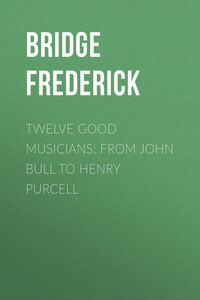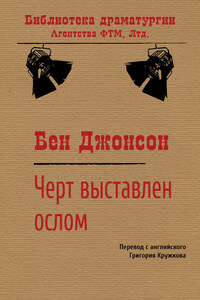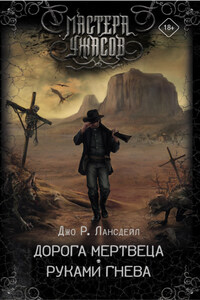INTRODUCTORY
In the Preface of his admirable contribution to the Oxford History of Music (Vol. III.) the late Sir Hubert Parry writes: "The seventeenth century is musically almost a blank, even to those who take more than the average interest in the Art; and barely a score of composers' names during the whole time suggest anything more than a mere reputation to modern ears." Of course the distinguished author is speaking of the musical world in general, not of our own country's music only. I am inclined to think it is a little severe on us. I have always found that great interest is taken in the 17th century music and musicians of England.
Surely the century which began with the great Madrigal school at its highest point, which saw the Masque at its best in Milton's Comus, which witnessed the supersession of the viol by the violin, and which, at the close, had to its credit the complete works of our greatest composer, Henry Purcell, ought not to be in any sense "almost a blank," to English students at least.
But if our musical students will only read Volume III of the Oxford History – so full of the author's admirable criticisms and so amply illustrated by selections from the great composers of the period – they will certainly form a high opinion of what was accomplished then, and, having finished the volume, their minds will assuredly not be a "blank."
To help to a useful view of what was done in our own country in the 17th century I took that period for my University Course in this session 1919-1920, and for my subject Twelve Good Musicians from John Bull to Henry Purcell. The substance of these lectures is given in the following chapters.
For many biographical details and other matter I have availed myself of the valuable articles in Grove's Dictionary and in the Dictionary of National Biography, which I beg to acknowledge.
To Mr Barclay Squire I am deeply indebted for much information. His work in Musical History is most valuable, and deserves the best thanks of all students.
To my brother, Professor J. C. Bridge, M.A., Mus.D., of Chester, and to Mr Jeffrey Pulver and Dr Borland I am also grateful for many interesting facts contained in these pages.
J. FREDERICK BRIDGE.
The Cloisters, Westminster Abbey,October, 1920.
1563 (?) – 1628
There is, I venture to think, a fitness in the choice of the first musician of the Twelve to be considered. John Bull is a name familiar to Englishmen, though I do not know that the musician bearing that name has anything to do with the historical and political personage whose jovial portrait is so well known to us. But Dr. John Bull, was the first to hold anything like a University Professorship in London – or indeed in England. It is true Gresham College has not developed into a University, but its founder, Sir Thomas Gresham, certainly seems to have had such an end in view, and John Bull was the first Gresham Music Lecturer. As his successor at Gresham College, and as I have the honour to be the first Musical Professor in the University of London, I think there is a justification for beginning this course in the University with a consideration of the old Gresham Professor. I must premise that in selecting twelve good men I have by no means exhausted the number of such men available, but I hope to have chosen good representatives of the various Schools and movements in the musical world of England in the 17th century. And, although necessarily concentrating my attention on the selected twelve, yet, of course, undoubtedly I shall make many references to their fellow-musicians both in this country and abroad. But it is to our own men and our own music in the 17th century that I shall direct my chief attention.
To begin then with the first of my twelve good musicians – the first Gresham Professor of Music, Dr. John Bull. Born about 1563 of a Somersetshire family, he became one of the Children of the Chapel Royal (as will be seen, always a great nursery of young English Musicians), his master being Blytheman who, we are told, "spared neither time nor labour to advance his natural gifts."
Organist of Hereford Cathedral for a time, we find him in 1585 a member of the Chapel Royal Choir – not then organist, a post to which he attained a few years later, succeeding his old master, Blytheman. He was evidently determined to get on in his profession, for, besides all these posts and varied activities, he found time in 1586 to take the degree of Bachelor of Music at Oxford (it being stated he had "practised the faculty of music for 14 years"), following this up with a Doctor's degree – this time at Cambridge.
He appears to have met with a somewhat serious adventure at Tewkesbury, in 1592, "being robbed in those parts." A Mr. W. Chelps, of Tewkesbury showed him "rare kindness" and was rewarded, no doubt by Bull's influence, with the post of a Gentleman Extraordinary in the Chapel Royal.
In 1592 our indefatigable musician took another degree, that of Doctor of Music at Oxford, the delay in taking it having been caused, according to a contemporary writer, by his having met with "rigid puritans there, that could not endure Church Music."








